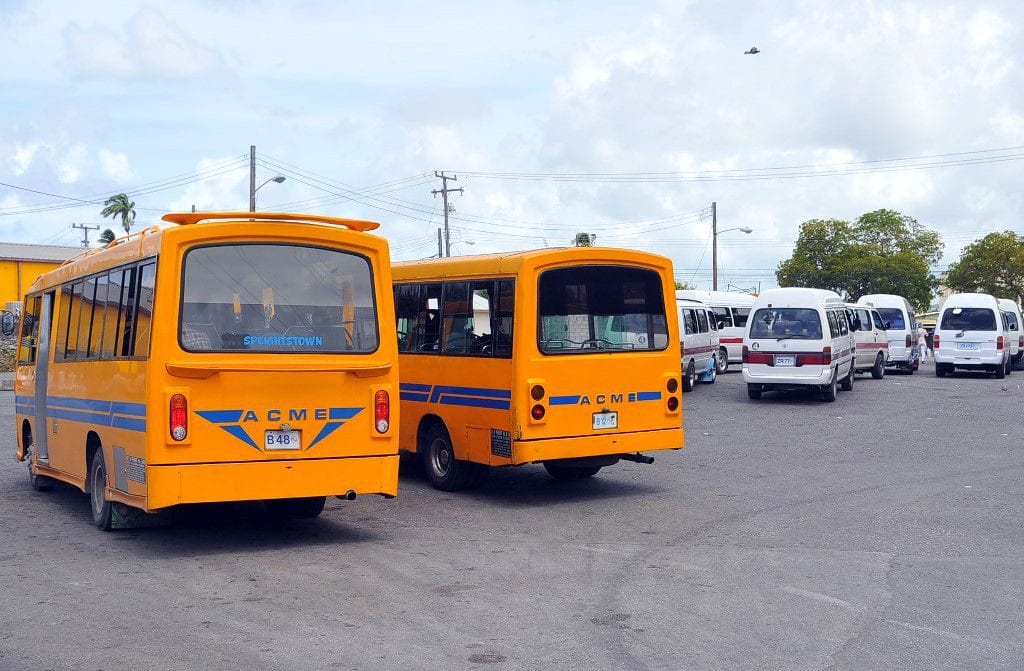
(FP)
Since Government introduced some initiatives in recent weeks to bring relief to commuters who have been complaining, and justifiably so, about the long wait for buses, a number of concerns have been raised on social media that deserve clarification.
In relation to the decision to allow minibuses and route taxis (ZR vans) to carry larger numbers of passengers, concerned members of the public should note the following:
- Government has amended the law to remove the impediments that forced some operators to carry fewer seats in their vehicles than the manufacturers’ specifications allowed, as well as to allow larger vehicles to be designated as ZR vans and minibuses.
- Under these changes the number of passengers allowed in a ZR van or minibus will vary depending on the make and model of the vehicle, but will be indicated on the side of that vehicle. In any event though, no minibus will be licensed to carry more than 57 sitting and 7 standing passengers; and no ZR van more than 20 passengers in total.
Having made these changes, we appeal to operators as well as commuters not to load vehicles beyond the specifications of the manufacturers since to do so would be to put themselves at risk.
On the question of how school children will be counted under the Transport Augmentation Programme (TAP), commuters and PSV operators should note the following:
- Under the law, only omnibuses designated as school buses, where the journey starts at or terminates at a school, are allowed to count three school children under the age of 16 as being equivalent to two adults.
- Where Transport Board buses are operated on regular routes, i.e. Bayfield or Pie Corner, each person is counted as a single passenger, whether or not he or she is a school child.
- At this stage of TAP dedicated school bus services will continue to be provided only by state-owned buses operated by the Transport Board.
All public transport operators, whether employed by the Transport Board, or as private operators under TAP or outside of TAP, should recognize that while we appreciate greatly their desire to move passengers, they have an obligation to work within the law.
In the interest of transparency, it is noted that every private operator who joins TAP will be issue with a “00” permit similar to that under which Transport Board buses operate. This will allow dispatchers in the terminals to assign vehicles to any route as the demand requires.
It is the duty and responsibility of the owner of the bus to visit the Barbados Licensing Authority and acquire that permit so the driver can produce it on demand by any police officer. The BLA and the Barbados Transport Authority have already put systems in place to ensure that owners are speedily facilitated.
Officials at the Ministry of Transport, Works and Maintenance, Barbados Licensing Authority, Transport Board and the Barbados Transport Authority are extremely grateful for the interest and enthusiasm shown by those private operators who have joined TAP and will take all necessary action to facilitate their smooth integration.
However, we accept that any such initiative will encounter teething challenges and pledge to work through them in the coming days, in the interest of Barbadians who have in recent years not been receiving the quality of public transport they deserve.
During the course of this week, as more private operators roll into and out of the terminals at Princess Alice, Speightstown and Fairchild Street under TAP we pledge to strengthen our communication with the public and between the partners in the interest of commuters.
Press Secretary to the Prime Minister, Roy R. Morris
